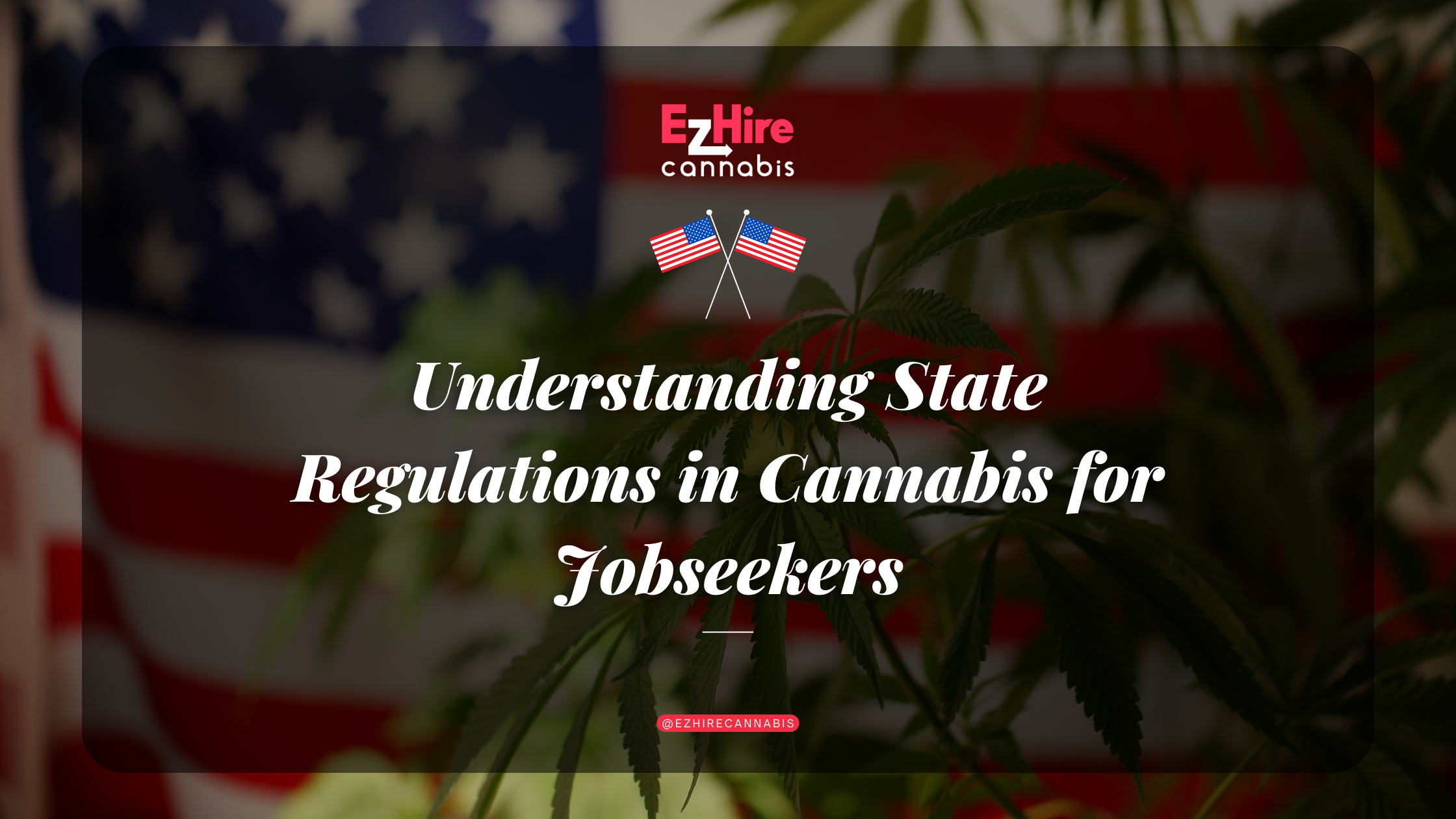Exploring the Most Valued Perks for Jobseekers: Growth Opportunities Lead in Jobseeker Preferences
The Rise of Growth Opportunities
The survey results are clear: 64% of jobseekers in the cannabis industry prioritize growth opportunities over other benefits. This trend underscores a significant shift in career priorities, where personal and professional development is increasingly becoming a deciding factor for potential employees. In an industry that is still in its formative years, the promise of career progression, skill development, and the opportunity to be part of a growing sector is highly appealing.
Flexible Scheduling: A Key Consideration
Flexible scheduling emerged as the second most valued perk, with 21% of respondents highlighting its importance. This preference reflects the growing desire for work-life balance and the need for a more adaptable work environment. In the cannabis industry, where the boundaries between traditional and non-traditional work hours can often blur, offering flexible work arrangements can be a significant draw for job candidates.
Health and Wellness Benefits
Even in an industry centered around a wellness product, health and wellness benefits are a primary concern for only 14% of jobseekers. This lower percentage might be due to a perception that such benefits are a standard offering or possibly because jobseekers are prioritizing other factors more heavily in this unique industry.
Product Discounts: Least Influential but Not Insignificant
Interestingly, product discounts are at the bottom of the list, with just 2% of respondents considering them a major perk. This finding suggests that while such benefits might be a nice add-on, they do not play a significant role in the decision-making process for jobseekers in this sector.
Implications for Cannabis Companies
For companies in the cannabis industry, these insights are invaluable. To attract and retain the best talent, it is essential to align the company’s offerings with these preferences. Investing in employee growth and development, along with providing flexible working conditions, seems to be the most effective strategy in this regard. While health benefits and product discounts are appreciated, they are not the primary drivers for job seekers in this industry.
Examples of Growth Opportunities
Aside from compensation, several types of growth opportunities can be particularly appealing to jobseekers. These opportunities not only provide professional advancement but also personal development, making a company more attractive to potential employees. Here are some key growth opportunities to consider:
-
Role Diversification and Cross-Training
The cannabis industry, being relatively young and evolving, offers unique chances for employees to wear multiple hats. This diversification in roles allows for a broader skill set development.
-
Industry-Specific Education and Training
Given the specialized knowledge required in the cannabis industry, companies offering in-depth training about the plant, its effects, legal aspects, and business operations can be very attractive to jobseekers.
-
Leadership Development Programs
Opportunities for leadership training and development are critical. These programs help employees prepare for managerial roles and understand the nuances of leading in a rapidly changing industry.
-
Innovation and Research Opportunities
The cannabis sector is at the forefront of research and innovation. Being part of pioneering research in cultivation, product development, or medicinal applications can be a significant draw.
-
Career Pathing and Progression
Clearly defined career paths with potential for upward mobility within the company show jobseekers that there are long-term prospects for them.
-
Networking and Industry Involvement
Opportunities to attend conferences, workshops, and industry events. This not only aids in professional growth but also helps in building a robust professional network.
-
Entrepreneurial Opportunities
Especially in startups, the chance to contribute significantly to business growth can be appealing. This might include developing new products, exploring new market segments, or strategic planning.
-
Mentorship and Coaching
Access to mentors and coaches, especially those with extensive industry experience, can be a huge benefit for personal and professional development.
-
Community Engagement and Advocacy
Engaging in community outreach, policy advocacy, and educational campaigns can provide employees with a sense of purpose and belonging, as well as develop soft skills like public speaking and community organizing.
-
Technology and Process Innovation
Involvement in the development and implementation of new technologies and processes, which is a constant in the rapidly evolving cannabis industry.
Conclusion
As the cannabis industry continues to grow and mature, so too do the expectations and priorities of its workforce. Companies that recognize and adapt to these changing trends will likely find themselves at an advantage in attracting the best and brightest in this burgeoning field.
These opportunities not only enhance the skills and knowledge of employees but also contribute to their sense of fulfillment and engagement at work, making them crucial factors in retaining talent in the cannabis industry.
The message is clear: growth opportunities and flexibility are not just perks; they are necessities for companies looking to lead in the cannabis industry.




